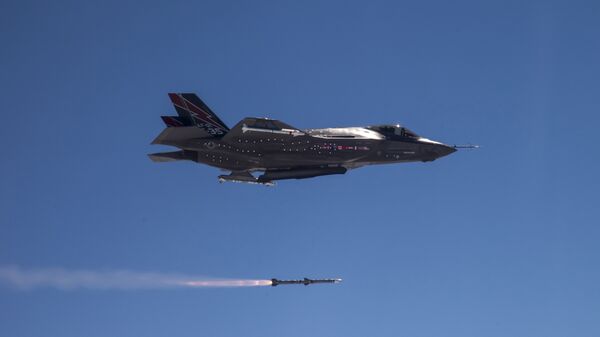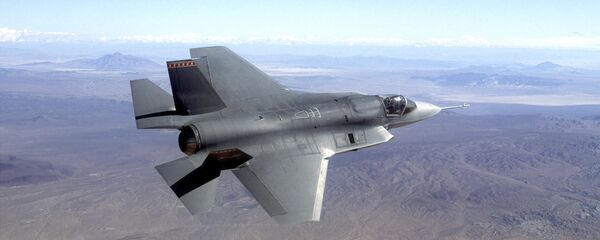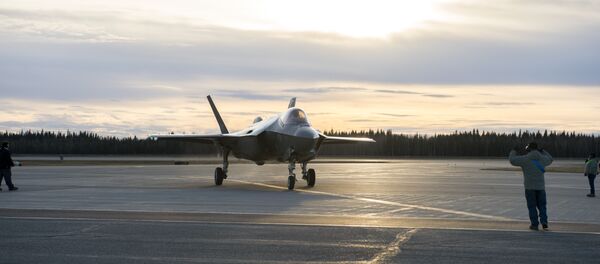Abu Dhabi has been requesting permission to buy the radar-evading jet since at least 2013, a senior US State Department official told Reuters at the time, but the US has been reluctant to sell the aircraft to Middle East partners other than Israel. According to Defense News, the UAE’s interest in procuring the fifth-generation jet dates back to 2011, before the aircraft had even reached operational capability in the US military.
Washington’s reluctance to sign off on deliveries to the UAE reportedly drove the oil-rich nation to seek military equipment from Russia instead. Rostec head Sergey Chemezov has held negations with the UAE regarding a potential deal to export Su-35S Flanker-E fighters since at least 2015, Sputnik News reported.
But for now, at least in principle, “the Trump team has agreed to consider” the UAE’s request, a Defense Department official told Defense News November 4.
“It’s not a ‘yes’ yet,” the official stressed, “but I’m pretty sure it’s going to happen once the dust settles.”
The “dust” referred to by the DoD official would be the ongoing spat between Qatar and Saudi Arabia, the UAE and Bahrain, Defense News explains.
Israel could also be expected to kick up some dust of its own. The Trump administration remains legally committed to upholding Israel’s qualitative military edge, a duty US officials have repeatedly resworn themselves to. House Resolution 7177, the Naval Vessel Transfer Act of 2008, included a provision amending the Arms Export Control Act “to require any certification relating to a proposed sale or export of defense articles or services to a Middle Eastern country other than Israel to include a determination that such sale or export will not adversely affect Israel’s qualitative military edge.”
Israel may not have major objections to the UAE receiving F-35s. While Israel and the UAE “are not allies, not even friends … if anyone thinks that the UAE will use this airplane to attack Israel, he or she is not living in reality,” Shoshana Bryen, director at the Jewish Policy Center in Washington, told Defense News.
What’s more, in May, the UAE and US signed a new defense accord that Defense Secretary James Mattis said “marks a new chapter in our partnership and reflects the breadth and depth of our ongoing cooperation.”




